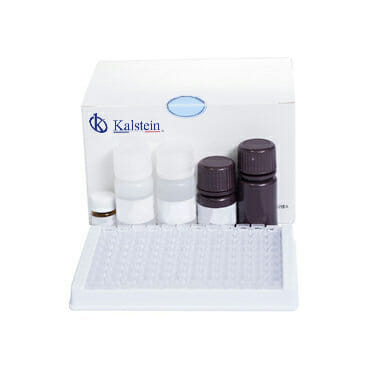Description
Clinical Chemistry Reagents YRA1 // YRA14 are essential laboratory tools used for a variety of biochemical analyses. These reagents are specifically formulated to assist in the determination of chemical content in various samples, including examinations related to liver function, myocardial enzyme indices, renal function, and blood gas electrolytes, among others. The reagents provide reliable results, making them indispensable in both research settings and clinical diagnostics.
Market Price Overview
The market price for clinical chemistry reagents such as YRA1 // YRA14 typically varies depending on the supplier and volume purchased. The cost can range from $150 to $400 per box, based on specifications and associated methods. For the most accurate pricing, it’s advisable to request a quote, and our platform, Kalstein Plus, offers a seamless quote generation service tailored to your needs.
Frequently Asked Questions
What are the primary uses of these reagents? They are used to perform detailed biochemical tests for liver and kidney functions, as well as cardiovascular and metabolic assessments.
How are these reagents packaged? They come in various specifications, typically ranging from 120ml to 160ml per box, depending on the specific reagent model.
Are there specific storage requirements? Yes, it is crucial to store them at a recommended temperature to maintain their efficacy and shelf life.
Advantages and Disadvantages
One of the primary advantages of using Clinical Chemistry Reagents YRA1 // YRA14 is their precision and reliability in delivering accurate diagnostic results. They are compatible with various methods, including IFCC Recommendation Method, Enzymatic Assay Method, and Immuno Turbidimetric, among others, enhancing their versatility. However, a possible disadvantage might be the requirement for specialized equipment and training to handle these reagents properly.
Use in the Field
In practical scenarios, these reagents are instrumental in clinical laboratories, hospitals, and research institutions. They facilitate the assessment of vital biochemical markers swiftly and accurately, aiding in the diagnosis and monitoring of patients. Regular use in routine diagnostics and acute care settings underscores their critical role in healthcare.
Recommendations
To maximize the utility and lifespan of YRA1 // YRA14, ensure proper calibration of equipment before use and adhere strictly to storage guidelines. Regular training for lab personnel can also optimize the performance and accuracy of results. For real-time insights and optimized operational workflows, consider leveraging the Kalstein Plus platform for automated quote generation and product inquiries.
Product Features
- Versatile application across various biochemical analyses.
- High reliability and accuracy in results.
- Specific packaging and volume for diverse testing needs.
- Compatible with multiple testing methodologies.
Technical Specifications
| Model | Specification (713)/Box | Package/Box | Method | Reagent test |
| YRA1 | R1:48mlx2 R2:12mlx2 | 120ml | IFCC Recommendation Method | ALT |
| YRA2 | R1:48mlx2 R2:12mlx2 | 120ml | IFCC Recommendation Method | AST |
| YRA3 | R1:48mlx2 R2:16mlx2 | 128ml | SZASZ Method | GGT |
| YRA4 | R:20mlx8 | 160ml | Bromocresol Green Method | ALB |
| YRA5 | R1:48mlx2 R2:12mlx2 | 120ml | Diazo 2, 4-2 chloro aniline colorimetric | TBIL |
| YRA6 | R1:48mlx2 R2:12mlx2 | 120ml | Vanadate oxidation method | TBIL |
| YRA7 | R1:48mlx2 R2:16mlx2 | 128ml | Enzymatic Cycling Assay | TBA |
| YRA8 | R1:48mlx2 R2:16mlx2 | 128ml | Urease – glutamate dehydrogenase enzyme hydrolysis | UREA |
| YRA9 | R1:48mlx2 R2:16mlx2 | 128ml | Enzymatic Assay Method | CREA |
| YRA10 | R1:48mlx2 R2:16mlx2 | 128ml | Enzymatic Assay Method | K |
| YRA11 | R1:48mlx2 R2:16mlx2 | 128ml | Enzymatic Assay Method | Na |
| YRA12 | R:20mlx8 | 160ml | Mercuric Thiocyanate Method | CI |
| YRA13 | R1:48mlx2 R2:16mlx2 | 120ml | IFCC Recommendation Method | CK-MB |
| YRA14 | R1:20mlx2 R2:20mlx2 | 80ml | Immuno Turbidimetric | CRP |


